Plastic pallets are a type of pallet made entirely of plastic, which is a synthetic material composed of polymers that are capable of being molded into various shapes and sizes. Plastic pallets were created in response to several issues associated with traditional wooden pallets. For example, wooden pallets are often susceptible to rot, splinters, and damage from exposure to moisture. They can also be difficult to clean and are susceptible to insect infestations. Plastic pallets, on the other hand, are resistant to these issues and can be easily cleaned with a pressure washer. As a result, they have gained popularity in recent years over traditional wooden pallets. Read More…
TMF Corporation manufactures and supplies the Protech 4048 heavy duty plastic pallet. With inventory on hand, we have the ability quickly deliver and pallets we have in stock, including the FM approved Protech 4048 with color options, four-way entry and more.
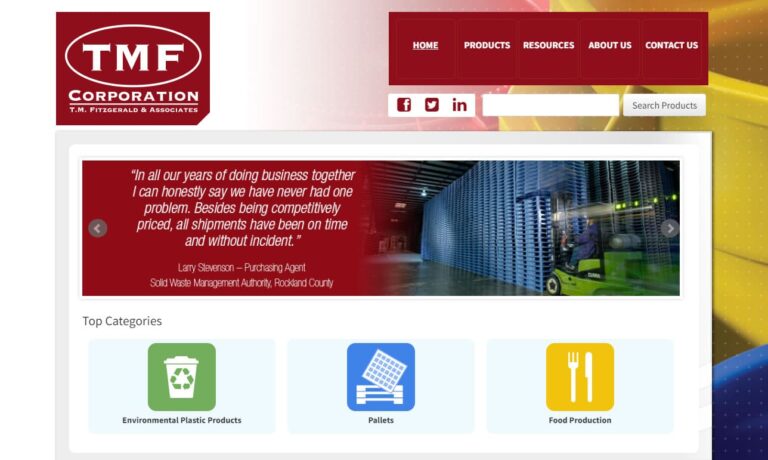
At Premier Handling Solutions, we provide warehouse equipment solutions that improve overall productivity, safety and speed throughout the manufacturing, warehousing, distribution, consumption, storage and disposal process. Browse our selection of pallets, inverters, tippers, wire containers, and pallet dispensers to find the perfect product for your application.
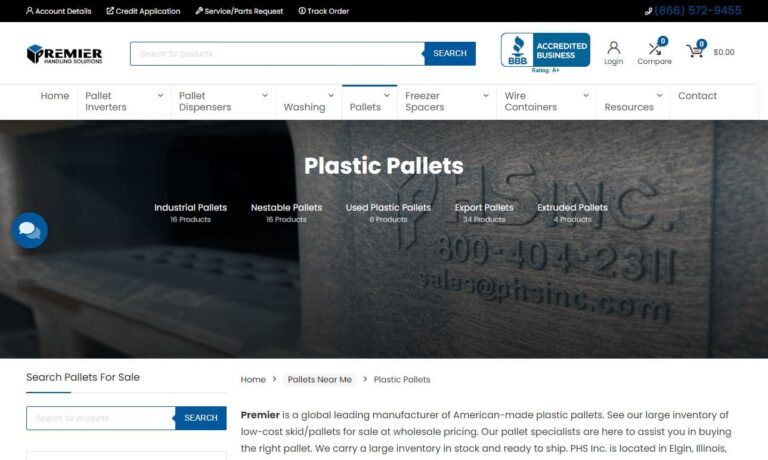
At Peninsula Plastics, you can find high-performance, vacuum-formed reusable plastic pallets for maximum strength and durability. Our economical twin-sheet & single-sheet pallets feature nestable and stackable models, large load capacity, many sizes, guaranteed acceptance at all ports, use in demanding applications, and with automated systems.
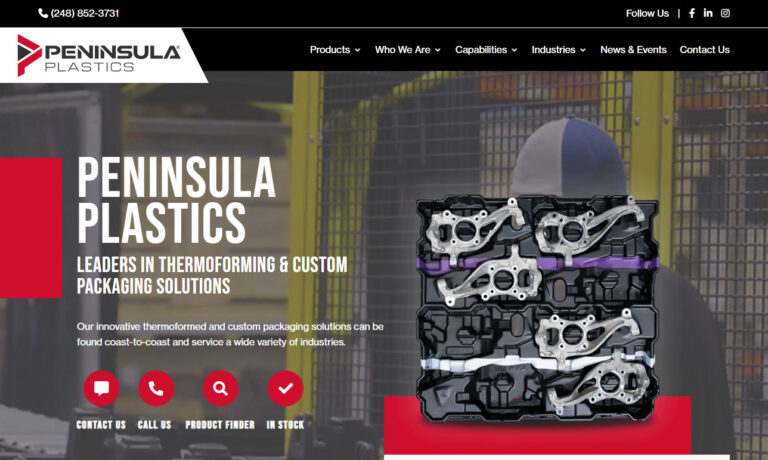
At Craemer US Corporation, we specialize in providing comprehensive solutions for plastic pallets tailored to meet the diverse needs of our clientele. With decades of experience and a commitment to excellence in the plastics industry, we have established ourselves as a trusted leader in plastic pallet manufacturing, renowned for our dedication to quality, innovation, and customer satisfaction....
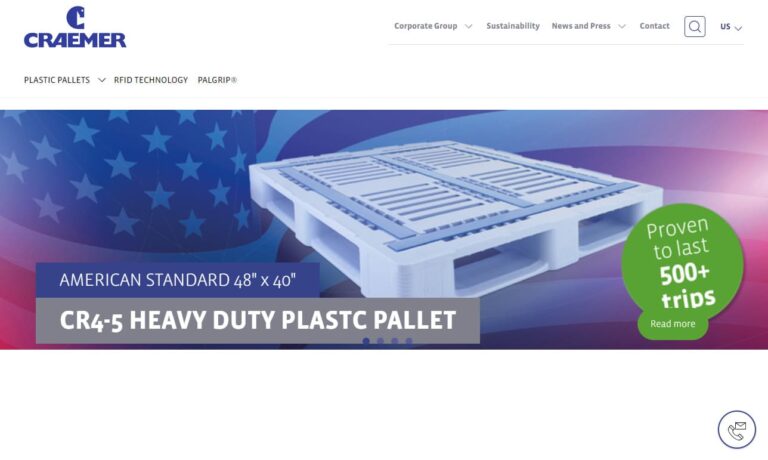
Robinson Industries reduces operational costs and worker injuries through providing superior-quality plastic pallets. We sell pallets in a variety of sizes and styles. Robinson Industries is ready and able to meet diverse industry needs.

Fibertech Plastic pallets are an excellent alternative to wood pallets, offering cost-efficient solutions for strong, durable & washable pallets. Our unique angled leg design helps reduce forklift damage by enabling the fork tines to deflect off the leg rather than breaking or cutting the pallet. An optional lip prevents product slippage & facilitates transportation of stacked, empty pallets.
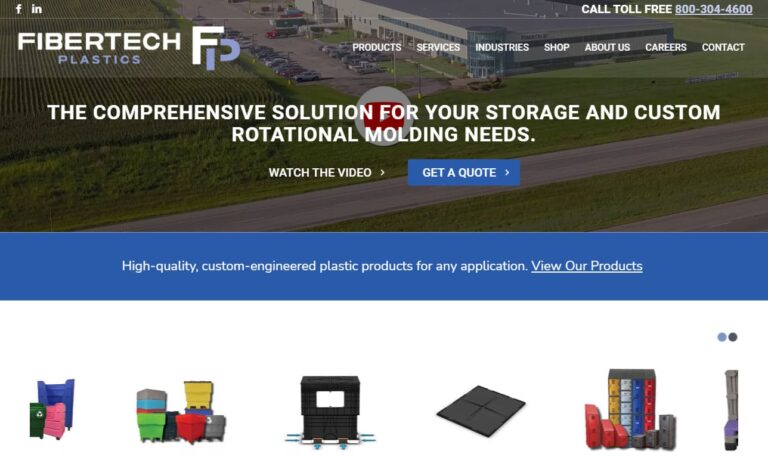
More Plastic Pallet Manufacturers
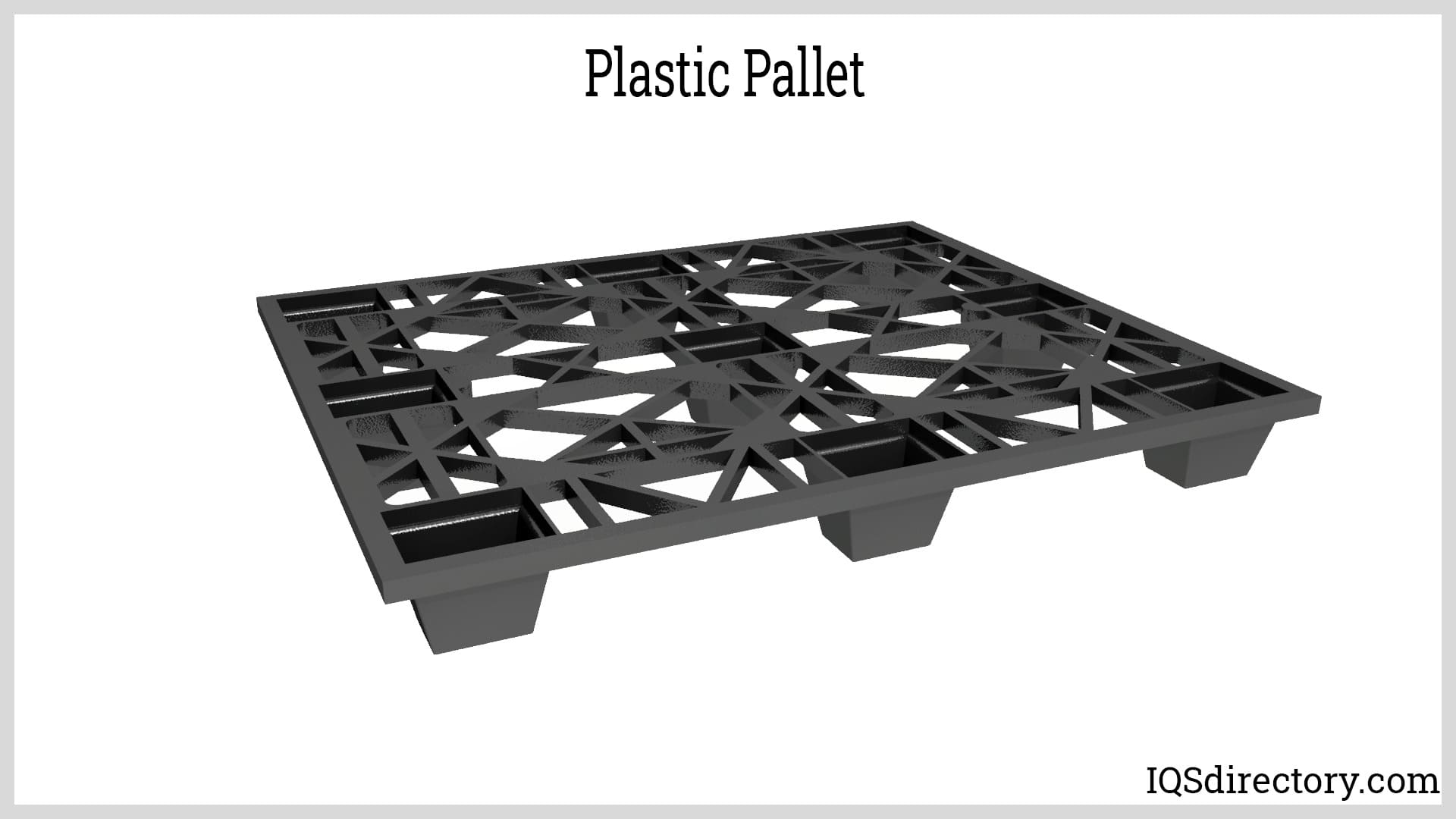
Types of Plastics Used to Make Pallets
Some of the most common types of plastics used for plastic pallets include:
High-Density Polyethylene (HDPE): HDPE is a popular choice for plastic pallets due to its high strength and durability. It is resistant to impact and can withstand high loads, making it suitable for heavy-duty applications.
Polypropylene (PP): PP is a lightweight plastic commonly used for plastic pallets. It is cost-effective and has good chemical resistance.
Polyethylene Terephthalate (PET): PET is a durable plastic commonly used for injection-molded plastic pallets. It has good chemical resistance and can withstand high temperatures, making it suitable for use in the pharmaceutical and food industries.
Polycarbonate (PC): PC is a high-strength plastic commonly used for plastic pallets requiring high impact resistance. It is also resistant to heat and chemicals.
Acrylonitrile Butadiene Styrene (ABS): ABS is a strong, durable plastic commonly used for plastic pallets requiring high impact resistance. It is also resistant to chemicals and can withstand high temperatures.
Processes Used to Make Plastic Pallets
Three primary processes are used to manufacture plastic pallets: injection molding, structural foam molding, and thermoforming. Each process has its own set of benefits, which are discussed below:
Injection Molding: Injection molding is the most common process used to manufacture plastic pallets. In this process, molten plastic is injected into a mold and allowed to cool and solidify. The benefits of injection molding include the following:
- High precision: Injection molding allows for precise control over the dimensions and shape of the pallets, ensuring consistency and accuracy.
- High strength: Injection-molded pallets are stronger and more durable than pallets made by other processes, making them suitable for heavy-duty applications.
- Wide range of sizes and shapes: Injection molding can be used to create pallets in a wide range of sizes and shapes, making it suitable for a variety of applications.
- Cost-effective: Injection molding is a cost-effective process for the large-scale production of plastic pallets.
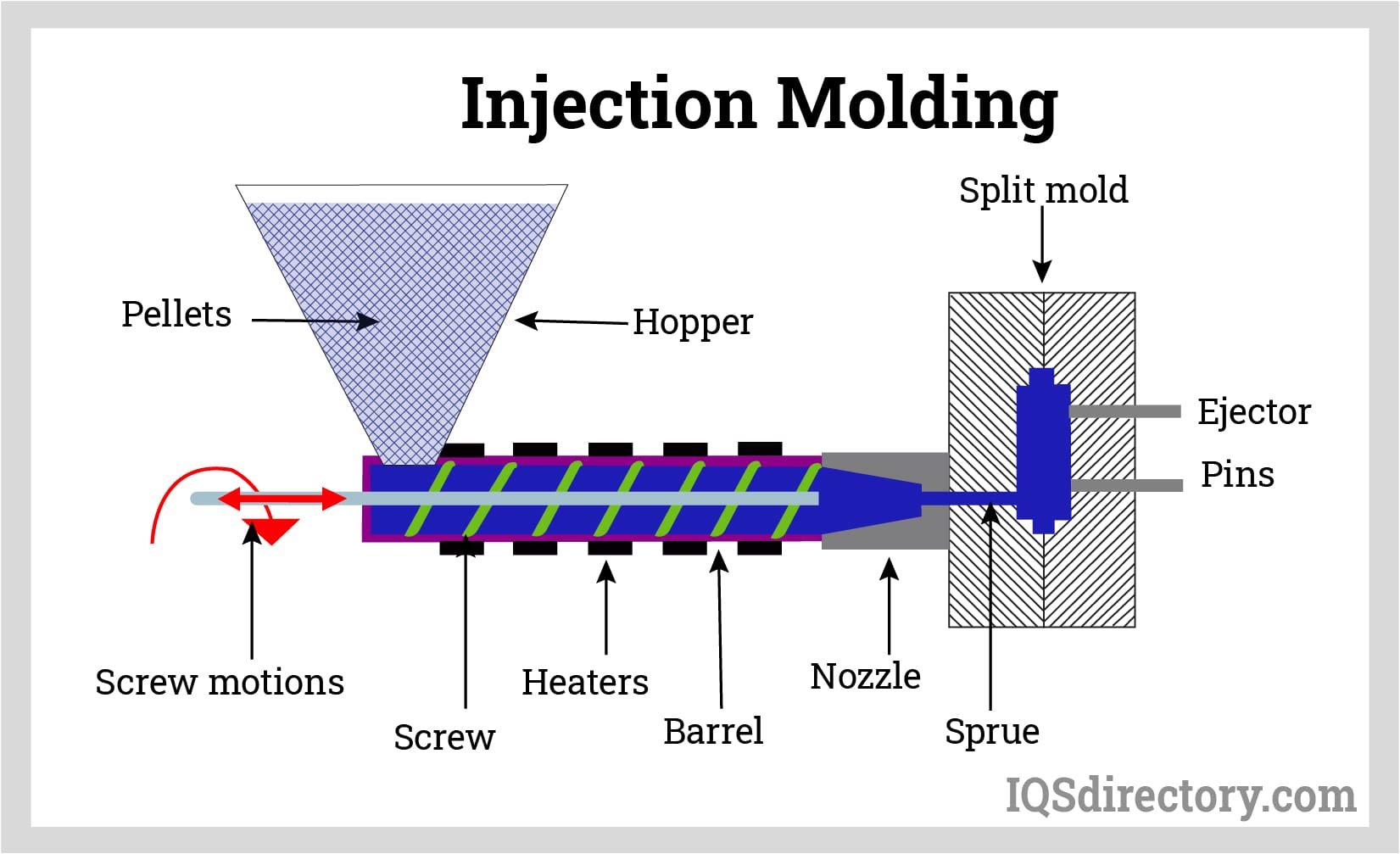
Structural Foam Molding: Structural foam molding is a process in which a foaming agent is added to the plastic before it is injected into the mold. The benefits of structural foam molding include:
- Reduced weight: Adding a foaming agent reduces the weight of the pallets, making them easier to handle and transport.
- Increased impact resistance: Structural foam-molded pallets have a higher impact resistance than solid plastic pallets, making them suitable for rough handling and heavy loads.
- Reduced material cost: Using a foaming agent reduces the amount of plastic needed to produce each pallet, reducing material costs.
Thermoforming: Thermoforming is a process in which a sheet of plastic is heated and then formed into the desired shape using a mold. The benefits of thermoforming include:
- Low tooling costs: Thermoforming molds are less expensive than injection molds, making thermoforming a cost-effective option for small-scale production runs.
- Customizable: Thermoforming allows for a high degree of customization, making it suitable for applications that require a specific size or shape.
- Reduced waste: Thermoforming produces less waste than other processes, as the excess plastic can be recycled.
In addition to the benefits listed above, plastic pallets offer several other advantages. They are more durable than wooden pallets and can last for many years, which helps to reduce replacement costs. They are also resistant to the elements, making them suitable for use in various environments. Finally, plastic pallets can be recycled at the end of their life, which helps to reduce waste and support sustainability efforts.
Factors Determining One’s Choice of Plastic Pallets
Different plastic pallets are chosen over others based on various factors such as the intended use, load capacity, durability, weight, and cost. For example, injection-molded pallets are known for their high load capacity and durability, making them popular for heavy-duty applications in the automotive and construction industries. Thermoformed pallets, on the other hand, are lightweight and cost-effective, making them ideal for one-way shipping and export. Finally, foam-molded pallets are also lightweight but have a lower load capacity than injection-molded pallets, making them suitable for light to medium-duty applications.
The specific needs of the application can also influence the choice of plastic for the pallet. For example, if the pallets will be used in a food processing facility, hygiene and ease of cleaning may be a priority. Pallets with smooth surfaces and rounded corners may be preferred in this case to avoid bacteria buildup. Another factor to consider is the compatibility of the plastic pallet with the equipment used in the facility. For example, some pallets may not be compatible with automated handling equipment, while others may require specialized equipment.
In addition, the environmental impact of the plastic pallet may also be a consideration. Some companies may prefer pallets made from recycled materials or those that can be recycled at the end of their life to reduce waste and support sustainability efforts. Ultimately, the choice of plastic pallet depends on the application’s specific needs, load requirements, durability, weight, cost, and environmental impact. By carefully considering these factors, companies can choose the best type of plastic pallet for their specific needs.
Limitations of Plastic Pallets
Plastic pallets do have some limitations. One of the main drawbacks of plastic pallets is their cost. They are typically more expensive than traditional wooden pallets. Additionally, plastic pallets are not as strong as wooden pallets and may not be suitable for certain heavy-duty applications.
Another limitation of plastic pallets is their environmental impact. While they are reusable and can be recycled at the end of their lifespan, plastic pallets are still made from non-renewable resources and can take hundreds of years to degrade in landfills. There is also concern about the potential release of microplastics into the environment during recycling.
Applications of Plastic Pallets
Plastic pallets are used in various applications across multiple industries because they are lightweight, easy to handle, and do not require fumigation or heat treatment before export. As a result of these and other benefits, plastic pallets are used by various industries, including:
Food and Beverage Industry: Plastic pallets are an ideal choice for the food and beverage industry due to their hygienic properties. They can be easily cleaned and sanitized, which helps to prevent the contamination of food products. Plastic pallets are also moisture resistant, making them ideal for use in humid environments such as cold storage facilities.
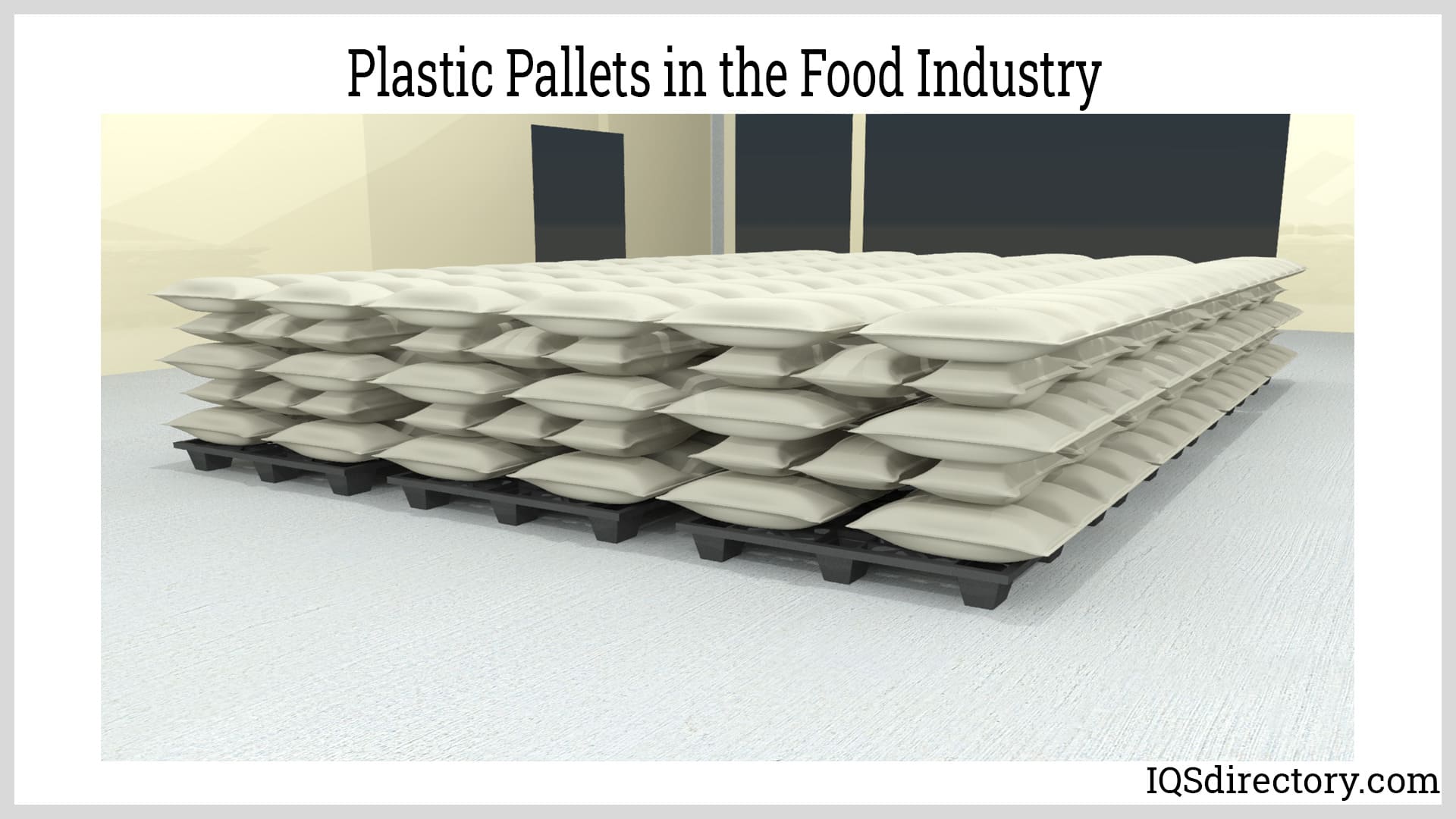
Pharmaceutical Industry: The pharmaceutical industry has strict regulations regarding the transportation and storage of medicines and medical equipment. Plastic pallets are lightweight, durable, and easy to clean, which makes them an ideal choice for the pharmaceutical industry.
Retail Industry: Retailers require pallets that are easy to handle, stack, and store. Plastic pallets are lightweight and consistent in size, which makes them easy to move around and stack. They are also resistant to damage, which means they can be reused multiple times.
Automotive Industry: The automotive industry requires pallets that can withstand heavy loads and rough handling. Injection-molded plastic pallets are known for their high load capacity and durability, making them a popular choice for the automotive industry.
Construction Industry: The construction industry requires pallets that are strong enough to hold heavy materials such as bricks and cement bags. Injection-molded plastic pallets are an ideal choice for the construction industry due to their high load capacity and durability.
Export Industry: Plastic pallets are ideal for the export industry because they do not require fumigation or heat treatment before being exported, as is the case with wooden pallets. They are also lightweight, which helps to reduce shipping costs.
Pharmaceutical Industry: The pharmaceutical industry requires pallets that are clean and hygienic. Plastic pallets are easy to clean and sanitize, which makes them an ideal choice for the pharmaceutical industry.
Choosing the Proper Plastic Pallets Supplier
To make sure you have the most beneficial outcome when purchasing Plastic Pallets from a Plastic Pallets Supplier, it is important to compare several plastic pallet suppliers using our list of Plastic Pallets suppliers. Each Plastic Pallets supplier has a business profile page that highlights their areas of experience and capabilities and a contact form to directly communicate with the supplier for more information or request a quote. Review each Plastic Pallets company website using our proprietary website previewer to get an idea of what each company specializes in, and then use our simple RFQ form to contact multiple Plastic Pallets companies with the same message.


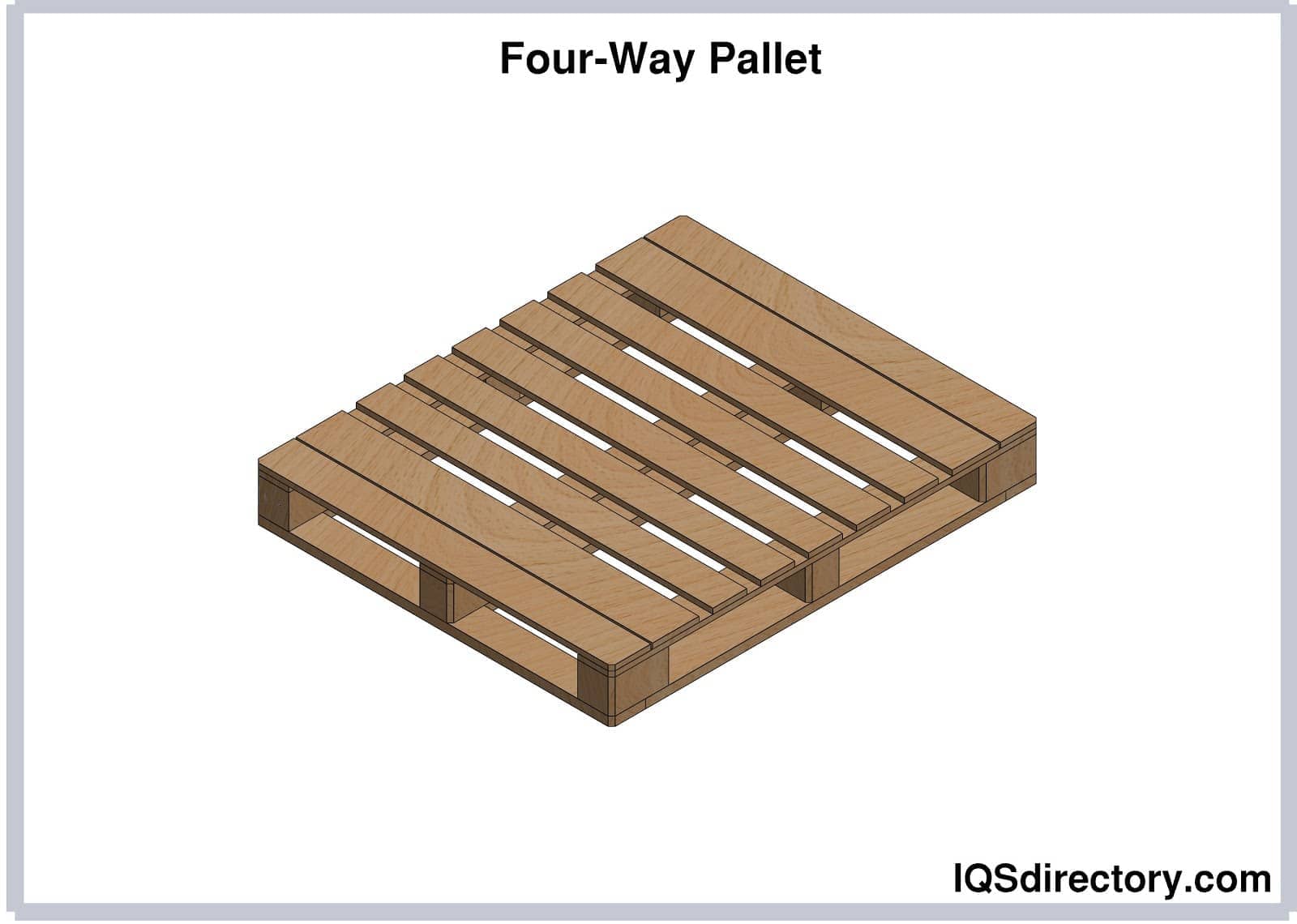
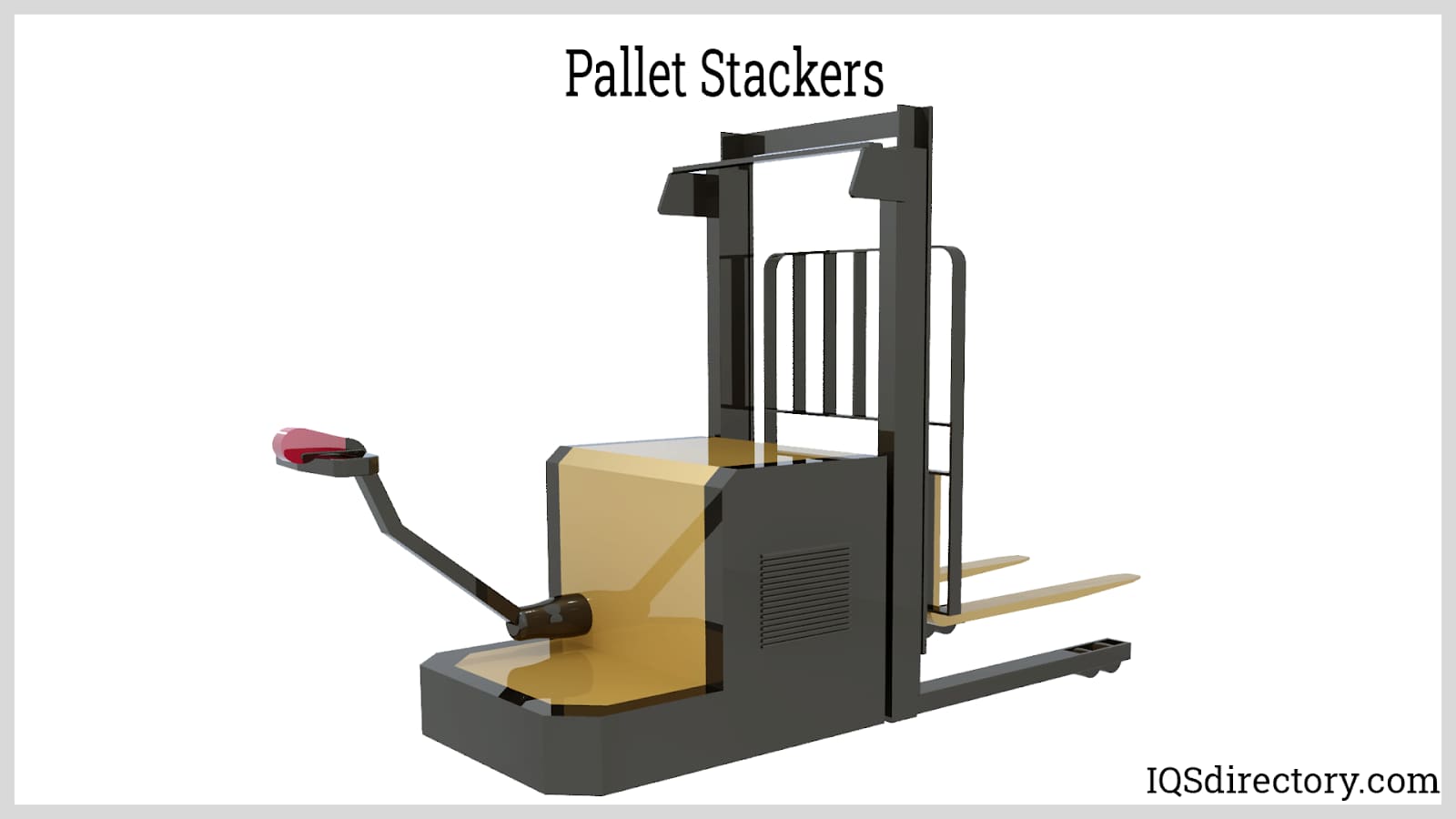
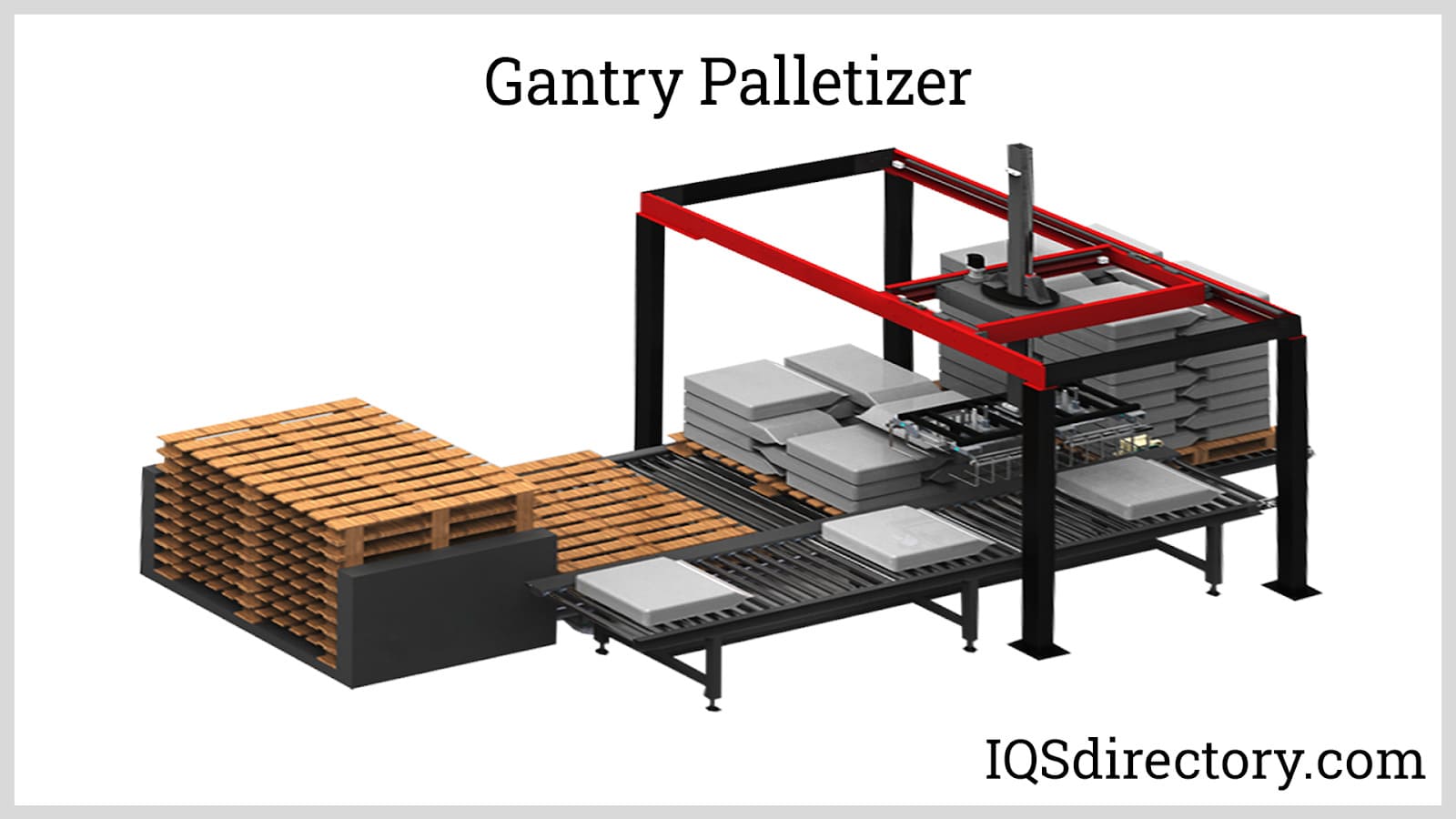
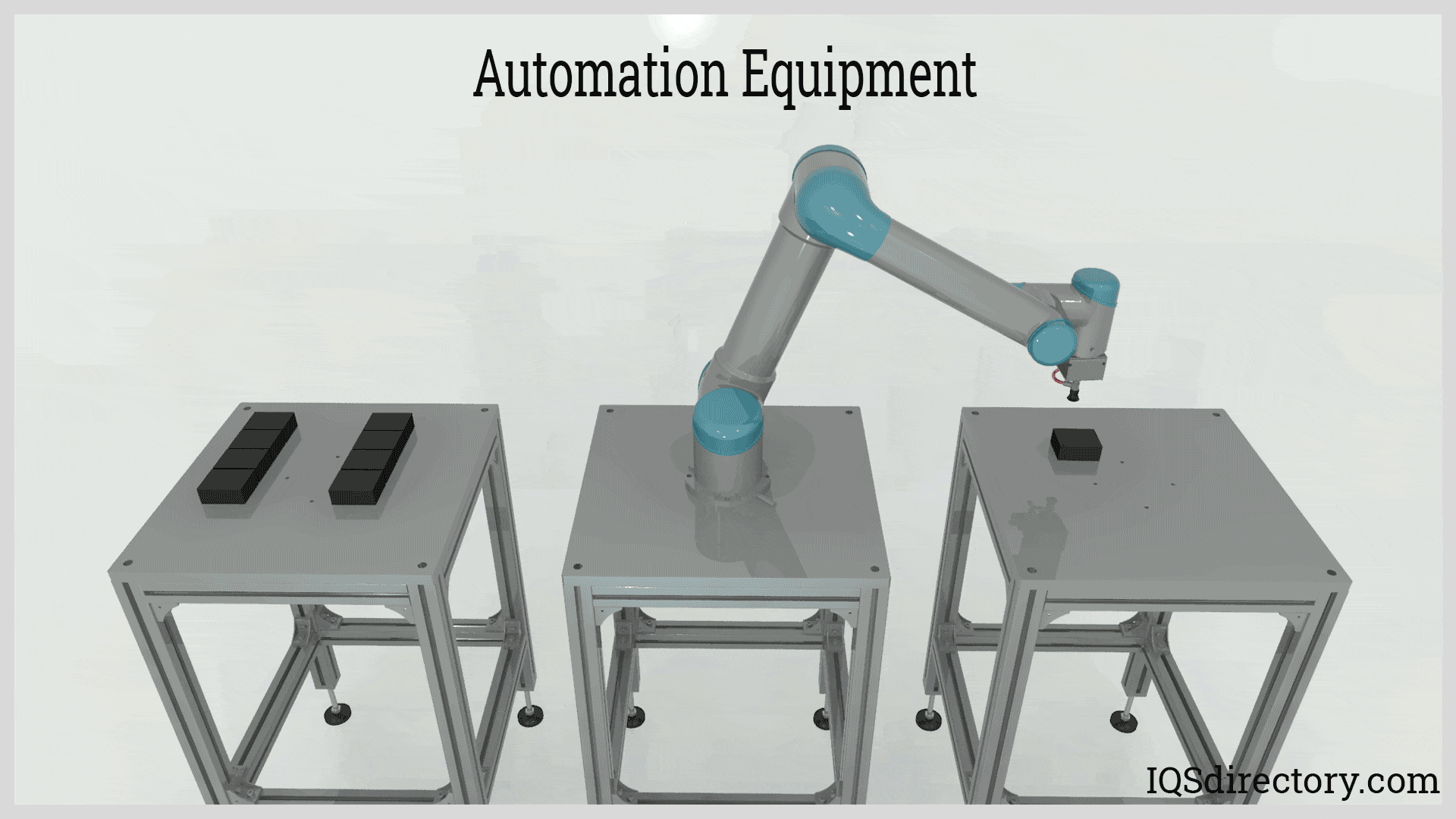
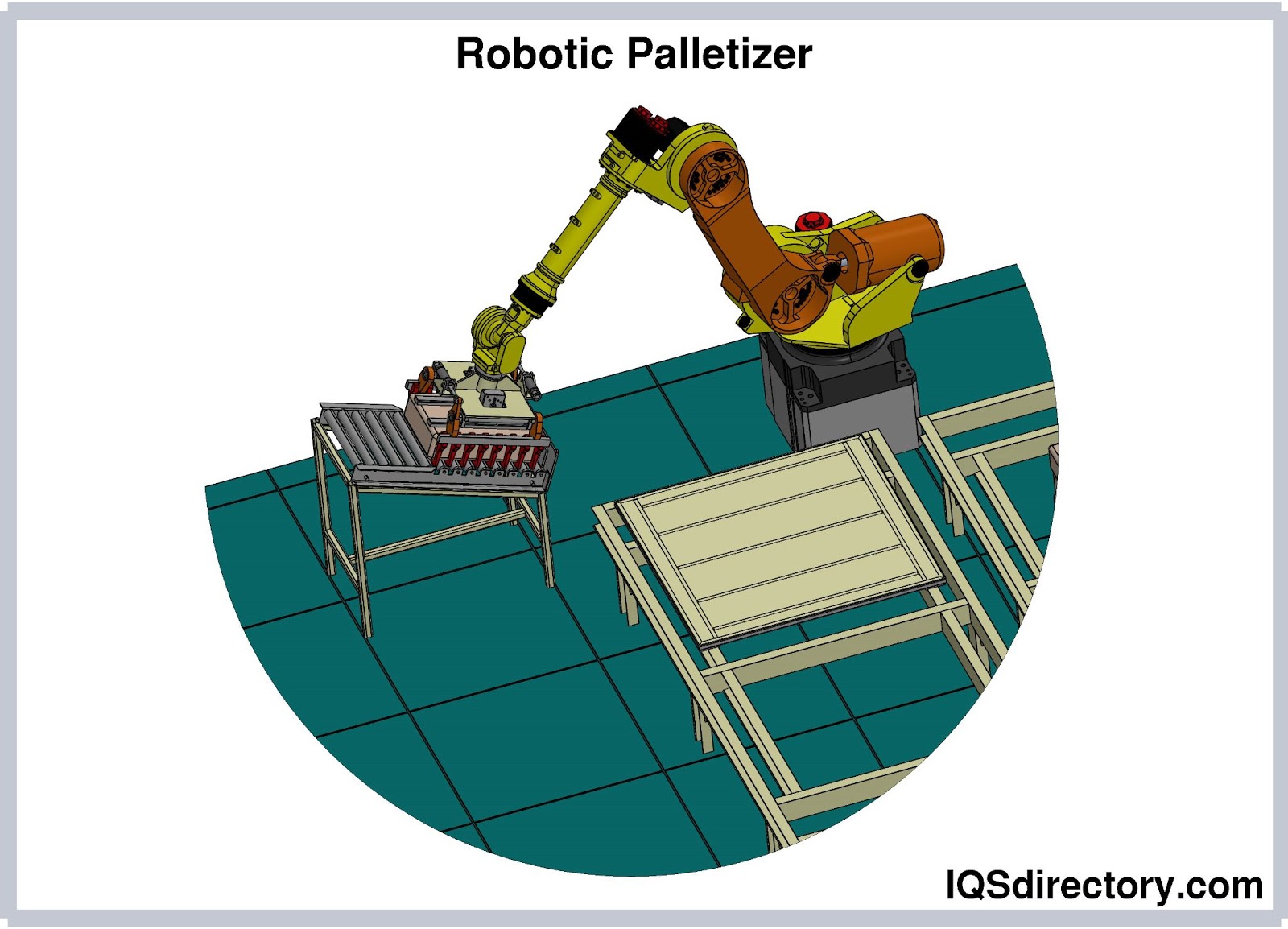
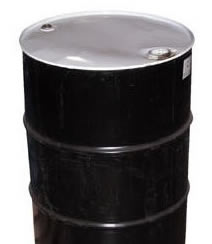 55 Gallon Drums
55 Gallon Drums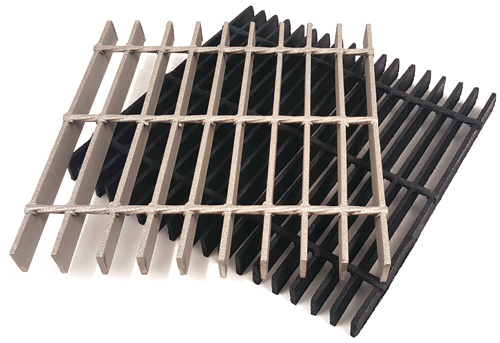 Floor Gratings
Floor Gratings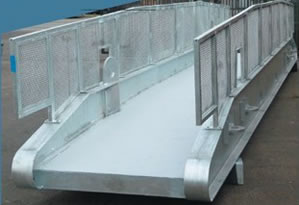 Mezzanines
Mezzanines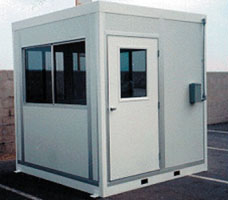 Modular Buildings
Modular Buildings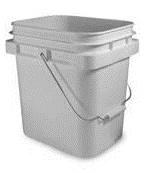 Plastic Containers
Plastic Containers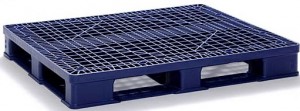 Plastic Pallets
Plastic Pallets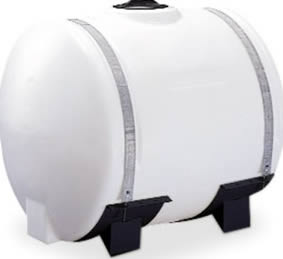 Plastic Tanks
Plastic Tanks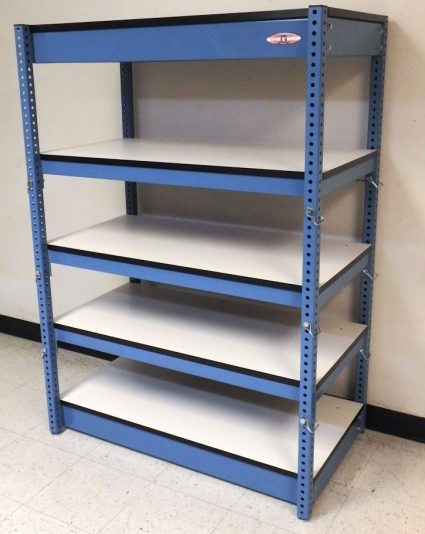 Steel Shelving
Steel Shelving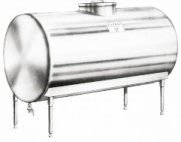 Stainless Steel Tanks
Stainless Steel Tanks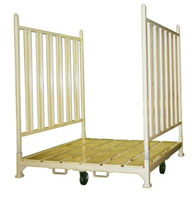 Storage Racks
Storage Racks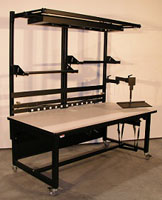 Work Benches
Work Benches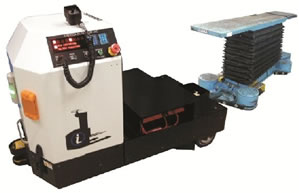 AGV
AGV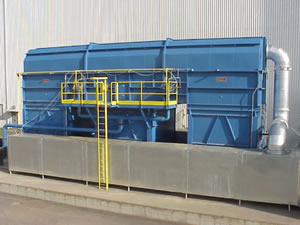 Air Pollution Control
Air Pollution Control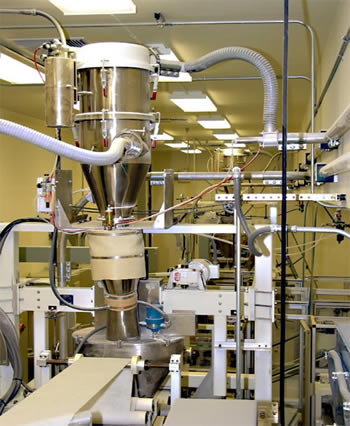 Assembly Machinery
Assembly Machinery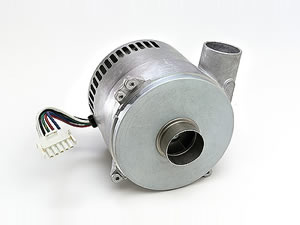 Blowers
Blowers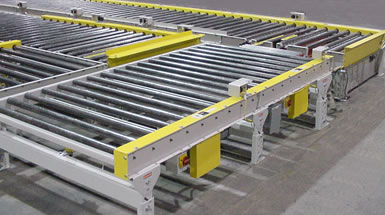 Conveyors
Conveyors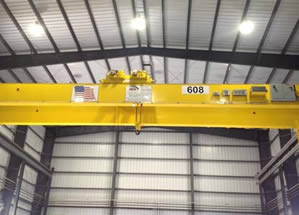 Cranes
Cranes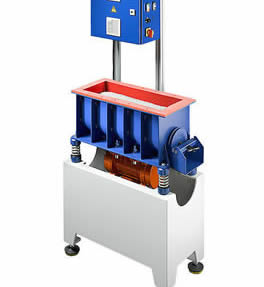 Deburring Machinery
Deburring Machinery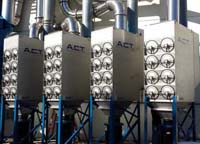 Dust Collectors
Dust Collectors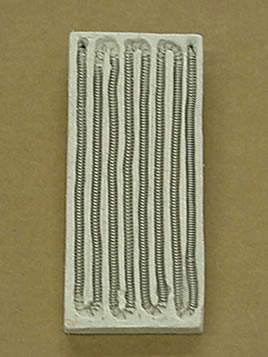 Heaters
Heaters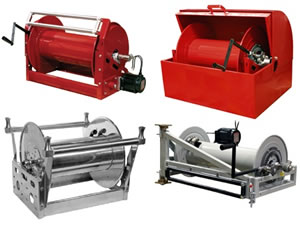 Hose Reels
Hose Reels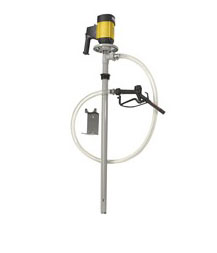 Lubricators
Lubricators Mezzanines
Mezzanines Modular Buildings
Modular Buildings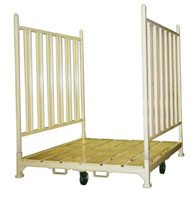 Storage Racks
Storage Racks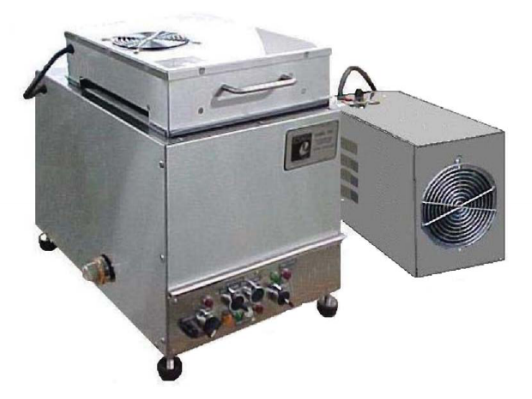 Ultrasonic Cleaners
Ultrasonic Cleaners Work Benches
Work Benches